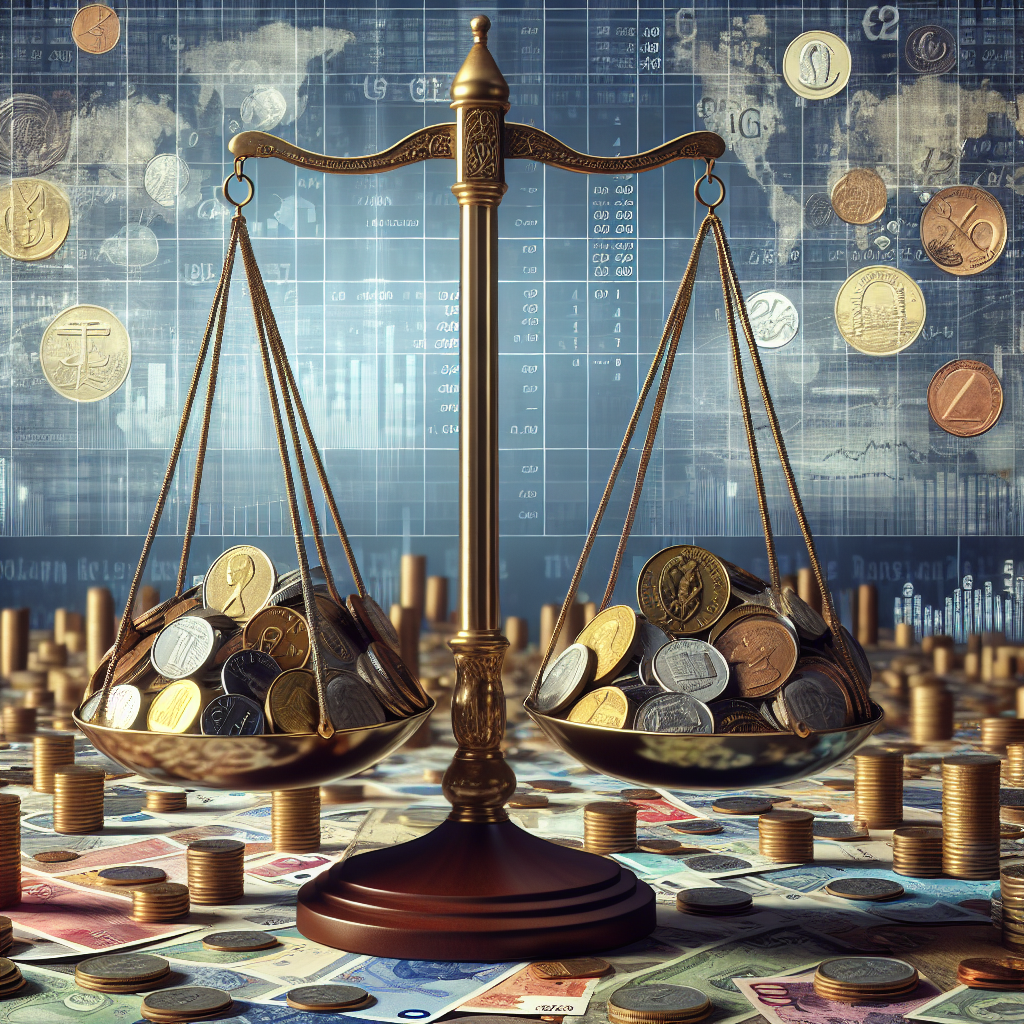Russian Economic Stagnation: High Interests and Stagflation Risks
Russia's tightened monetary policy is facing criticism for failing to control inflation while risking an economic slowdown. The central bank's interest rate hikes to curb inflation have drawn backlash from business leaders and economists, who warn of potential economic stagnation and increased corporate debt burdens amid challenging economic conditions.

- Country:
- Russia
Russia's monetary policy tightening has been under severe scrutiny as it struggles to rein in price growth and threatens to thrust the nation into stagflation. According to a government-linked think-tank, the recent increase in the key interest rate to a staggering 21% has failed to yield the desired economic stability.
This policy has faced significant criticism from both business leaders and mainstream economists. Many opponents have expressed concern over the potential economic downturn and a looming collapse in investments. Meanwhile, the TsMAKP think-tank has warned that such high levels of interest could be detrimental, with countless manufacturing firms now facing critical levels of debt burden.
The economists at TsMAKP further highlighted that rising cross-border payment costs, expensive imported goods, and utility tariff hikes due to Western sanctions remain key drivers of inflation. Despite the central bank's strategies, these challenges persist, leaving the economy teetering on the brink of stagflation, characterized by stagnant growth accompanied by high inflation.
(With inputs from agencies.)
ALSO READ
Inflation's Tight Grip: Egypt's Economic Struggles Persist
October's Inflation Surge Raises Concerns for Policymakers
Inflation Trends Set to Shape Stock Rally Amid Trump's Economic Policies
Dollar Gains Amid U.S. Inflation Anticipation
Dollar Drifts as U.S. Inflation Looms, Yuan Wobbles on Weak Chinese Stimulus









